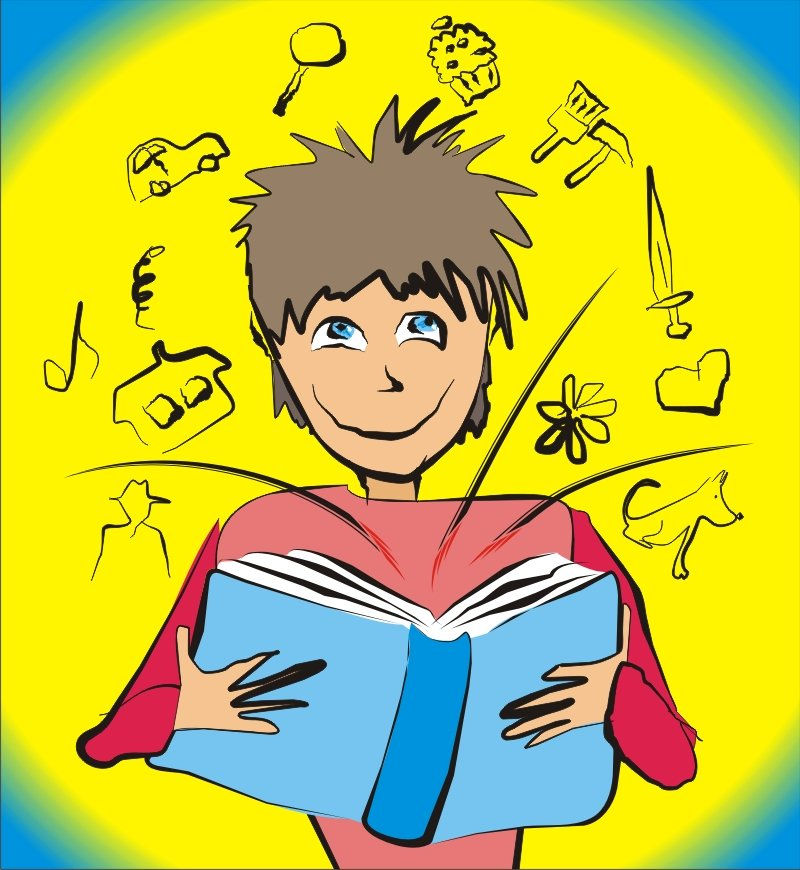Mid-year testing Quick Guide
- Feb 11, 2019
- 2 min read
Updated: Apr 20, 2020
As we approach the middle of the school year, schools are administering a middle of the year assessment to measure student growth in different areas. The purpose of the mid-year assessment or benchmark is to provide information about student progress and inform instruction moving forward. The results of the assessment will inform teachers about reading and math levels compared to where they should be by this time in the school year.

English Language Arts
In English language arts, students are tested using a literacy test that measures student progress in various areas. My school district uses an early literacy test called DIBELS to identify students that may be at-risk for reading difficulties. Test results are used to determine the area or areas that students may need additional intervention. Intervention groups are created to provide students direct instruction in the naming of the alphabet, letter sounds, word blending, vocabulary and/or reading comprehension.
There may be occasions where a teacher might call you in for a parent-teacher meeting to discuss your child's progress. During this conference, it is important that you understand why you are asked to come in and the goal of the meeting. As a parent, you have every right to ask questions to figure out how to help your child improve in his/her reading difficulties.
Spanish Language Arts
In immersion classrooms, students are also monitored in the reading development for Spanish language arts. Similar to learning English language arts students learning to read in Spanish learn the alphabet, letter sounds, blending, vocabulary and reading comprehension. Classroom teachers assess for the area of difficulty using a Spanish language arts assessment. The results of the test are also used to determine small group interventions needed based on the results.
Math
Mathematical skills are also measured to determine student needs. Some of the areas measured are early numeracy, computation, and problem-solving that function as indicators of the essential skills that every child must master to become proficient in mathematics. Small group interventions are provided to students depending on the area they may be struggling with.
There's a possibility that your child may be struggling in one or two of the areas mentioned above. Is he/she struggling to learn the alphabet, letter sounds, blend, or basic math skills? Whatever it is, you may be able to help from home. Talk to your child's teacher to provide you with ideas or practices to do at home. Ask the classroom teacher where your child stands in language arts and Mathematics. Some schools use certain online accounts that reinforce some of the skills mentioned above. Consider asking for the login information to have your child use the account at home. When in doubt, have your child read out loud to you each night to reinforce their reading skills.



Comments